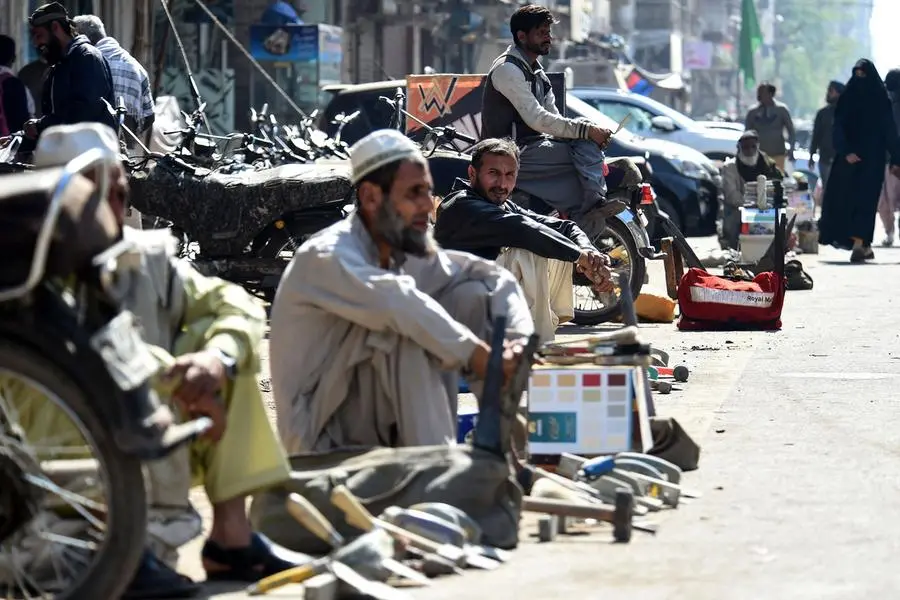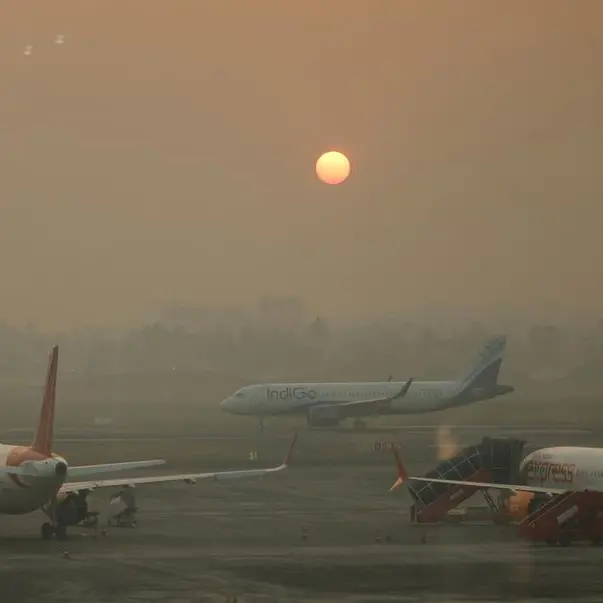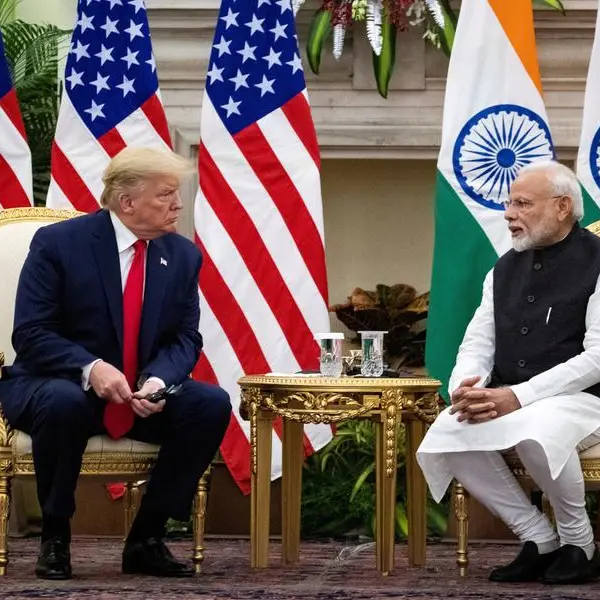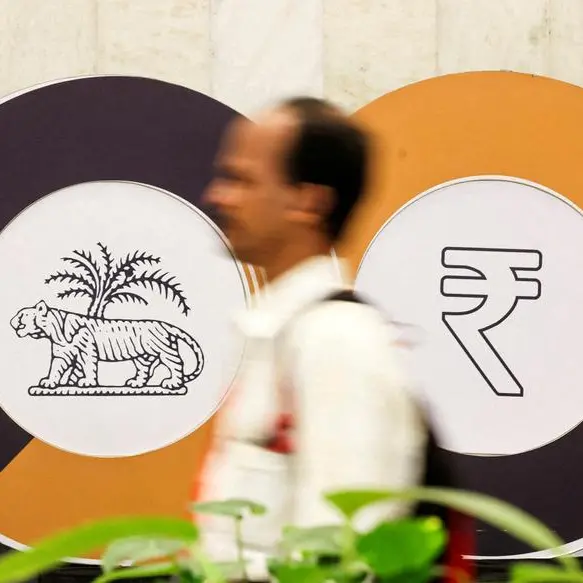PHOTO
The IMF said Friday that progress was made during crisis talks with cash-strapped Pakistan, but no deal was announced as they wrapped up an urgent visit to the country.
Islamabad agreed a $6.5 billion loan package with the international lender in 2019 and has been battling to unlock a crucial tranche of cash as the threat of national bankruptcy looms.
"Considerable progress was made during the mission on policy measures to address domestic and external imbalances," the IMF statement said.
"Virtual discussions will continue in the coming days to finalise the implementation details of these policies."
Pakistan's economy is in dire straits, stricken by a balance of payments crisis as it attempts to service high levels of external debt amid political chaos and deteriorating security.
The International Monetary Fund delegation landed last week to thrash out tough conditions that Prime Minister Shehbaz Sharif called "beyond imagination".
Talks over the latest loan instalment have been stalled for months, with the government pleading with friendly nations to help them avoid painful demands of the global lender ahead of elections due later this year.
Analysts warn that rejecting conditions and pushing Pakistan to the brink would have severe political consequences for the ruling parties, but so will agreeing to IMF measures raising the cost of living.
On Thursday, the central bank released fresh data warning its forex reserves had plunged $170 million in a week, standing at just $2.9 billion as of last Friday.
The IMF wants the nuclear-armed nation to boost its pitifully low tax base, end tax exemptions for the export sector, and raise artificially low petrol, electricity and gas prices meant to help low-income families.
It is also pushing for Pakistan to keep a sustainable amount of US dollars in the bank through guarantees of further support from friendly nations Saudi Arabia, China and the UAE, as well as the World Bank.
The world's fifth-most populous nation is no longer issuing letters of credit, except for essential food and medicine, causing a backlog of shipping containers at a Karachi port stuffed with stock the country can no longer afford.
Meanwhile, industries warned the logjam of cargo would increasingly cause factories to shut, having a cascading effect on employment.





















